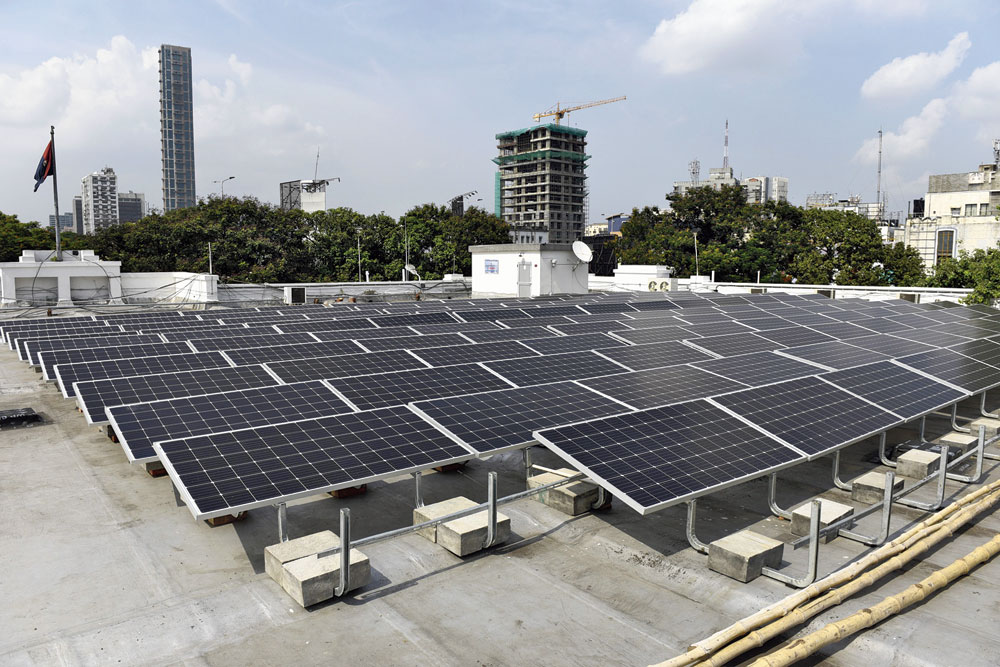Solar power generation, a compost plant to turn waste into manure, rainwater harvesting and sewage treatment are some of the environment-friendly measures being taken by the 112-year-old Calcutta Club to reduce its carbon footprint and for efficient waste management.
The club has switched to electricity generated from solar panels for six per cent of its daily power consumption.
A compost plant that will turn into manure the 60kg waste generated by the club every day, a rainwater harvesting facility that will recharge an underground aquifer and a sewage treatment plant that will convert night soil into water are the other measures the club is implementing, members of the club said on Thursday.
“As a social club we have some responsibility towards society. We feel passionately about the welfare of our planet,” said Indrajit Roy, the president of Calcutta Club.
The rainwater harvesting facility will collect rainwater in a reservoir and also recharge groundwater. Work on it has started. “It is a reverse borewell. The rainwater will collect in an underground tank. There will be a filtering layer through which the rainwater will pass so that the impurities are removed,” said Sanjib Dey Mallick, a mechanical engineer who used to work for Union Carbide.
Mallick, a member of the group that is supervising the implementation of the environment-friendly measures at the club, said a vertical electrical sensing test was conducted to identify the underground aquifer that would be replenished.
“The test showed there is a dry aquifer at 160ft below the surface. We would push the water into that aquifer,” he said. An aquifer is a layer of rock under the surface that can hold water.
The sewage treatment plant will have an underground pit where night soil and other sewage will accumlate before being pumped up to the plant above ground.
“This plant will have three parts,” Mallick said. What will remain at the end is only water, Mallick said. This will be either used for gardening or sent to the civic body’s sewage network.
The compost plant will be able to convert almost the entire waste generated by the club into manure. Salil Roy, a retired technical director of an engineering consultancy firm and a club member, said vegetable waste and some other kinds of waste would go to the composting unit. “On a normal day, we produce about 60kg waste and we plan to use all of it for composting,” he said.
The solar panels on the 1,482sq m terrace of the main building cover 441sq m. The club spent Rs 24.65 lakh to install the panels and use the electricity it produces, a member said. The solar panels would also reduce the club’s electricity bill by a significant amount, he said.











